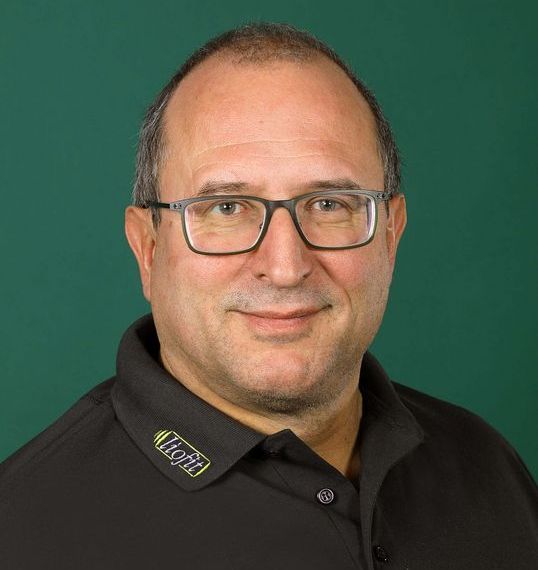“Here we have space, here people can still repair their own things!” – after more than two decades in the pharmaceutical industry, Dr. Ralf Günther, who has a doctorate in Chemistry, made a new start in Kamenz, Saxony. With his company Liofit in 2013 he developed and brought an innovative technology to market maturity.Today, he and his team are among Germany’s leading professionals in the field of e-bike battery repairs.

“Just try it”


The entrepreneur has already found plenty of fellow campaigners for his idea, from the mayor to the county commissioner: “Together with various offices and authorities, a round table has been organised right here on location. The signals from the ministries in Dresden have also been positive so far.”
The first contracts with recyclers have already been prepared. And Dr. Ralf Günther is confident that he can raise the necessary funds in the next months. Then, all that remains is to attract new employees to Kamenz. They should be enthusiastic about new technologies. And perhaps too about the odd e-bike tour – through the wide, still, beautiful countryside.
